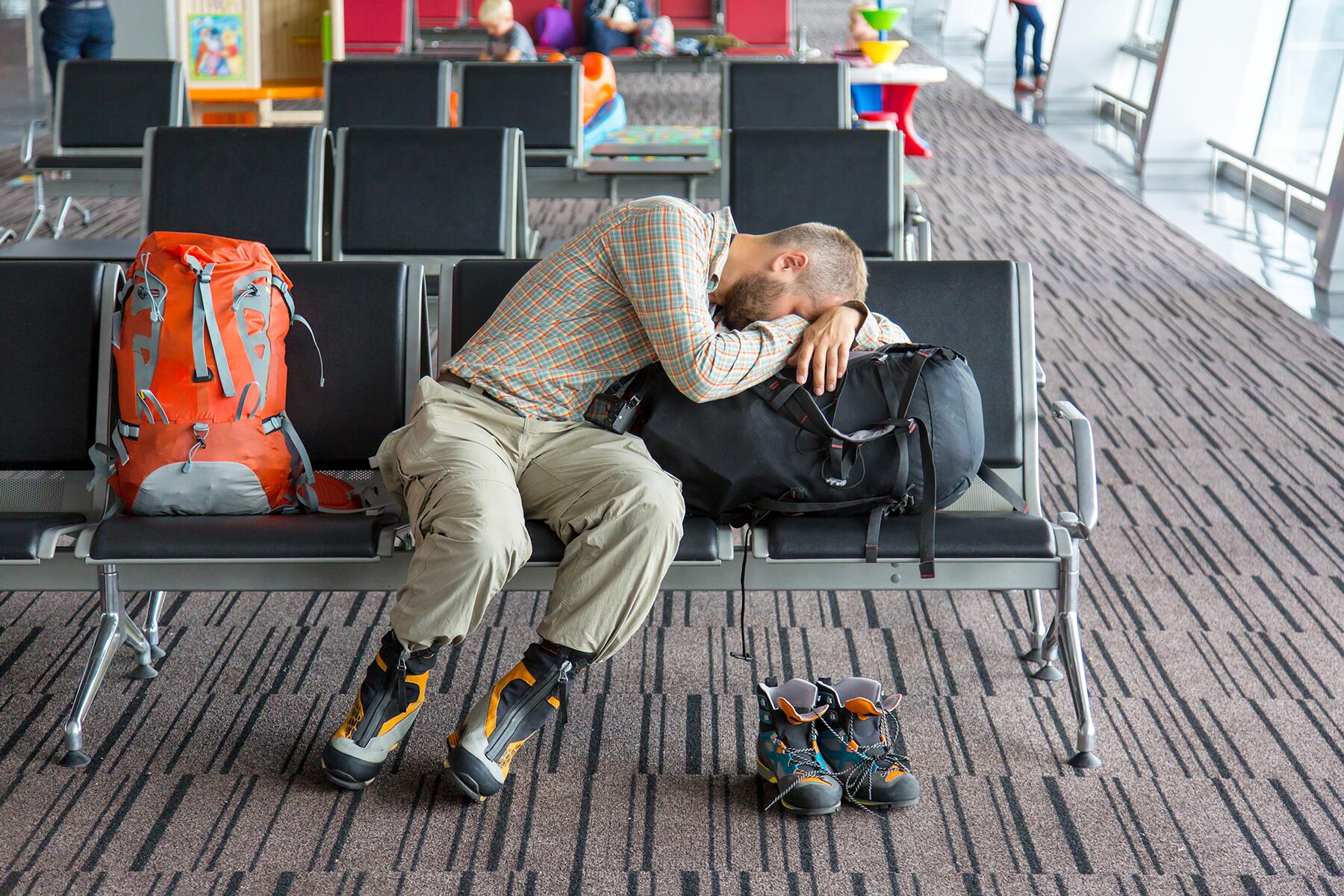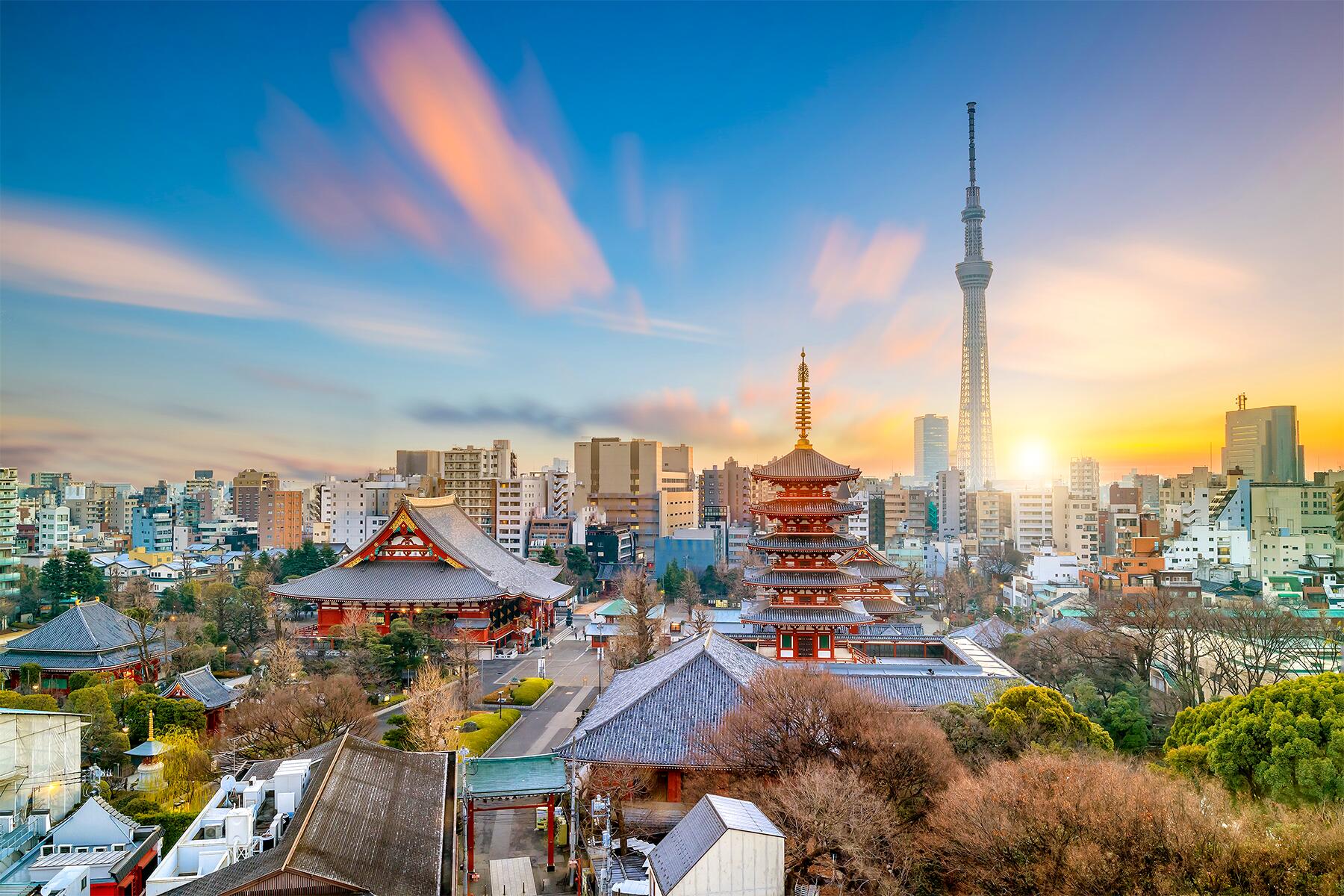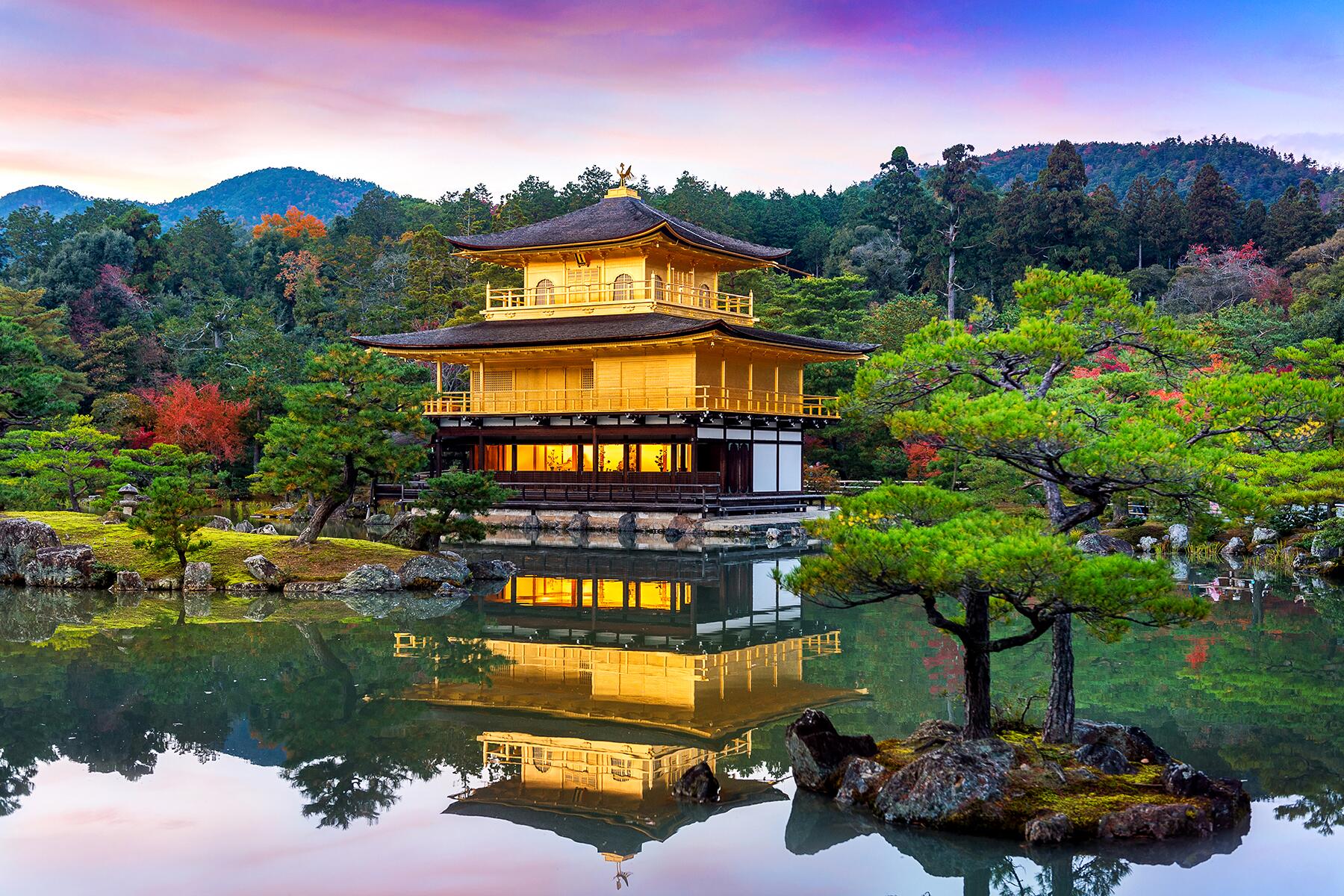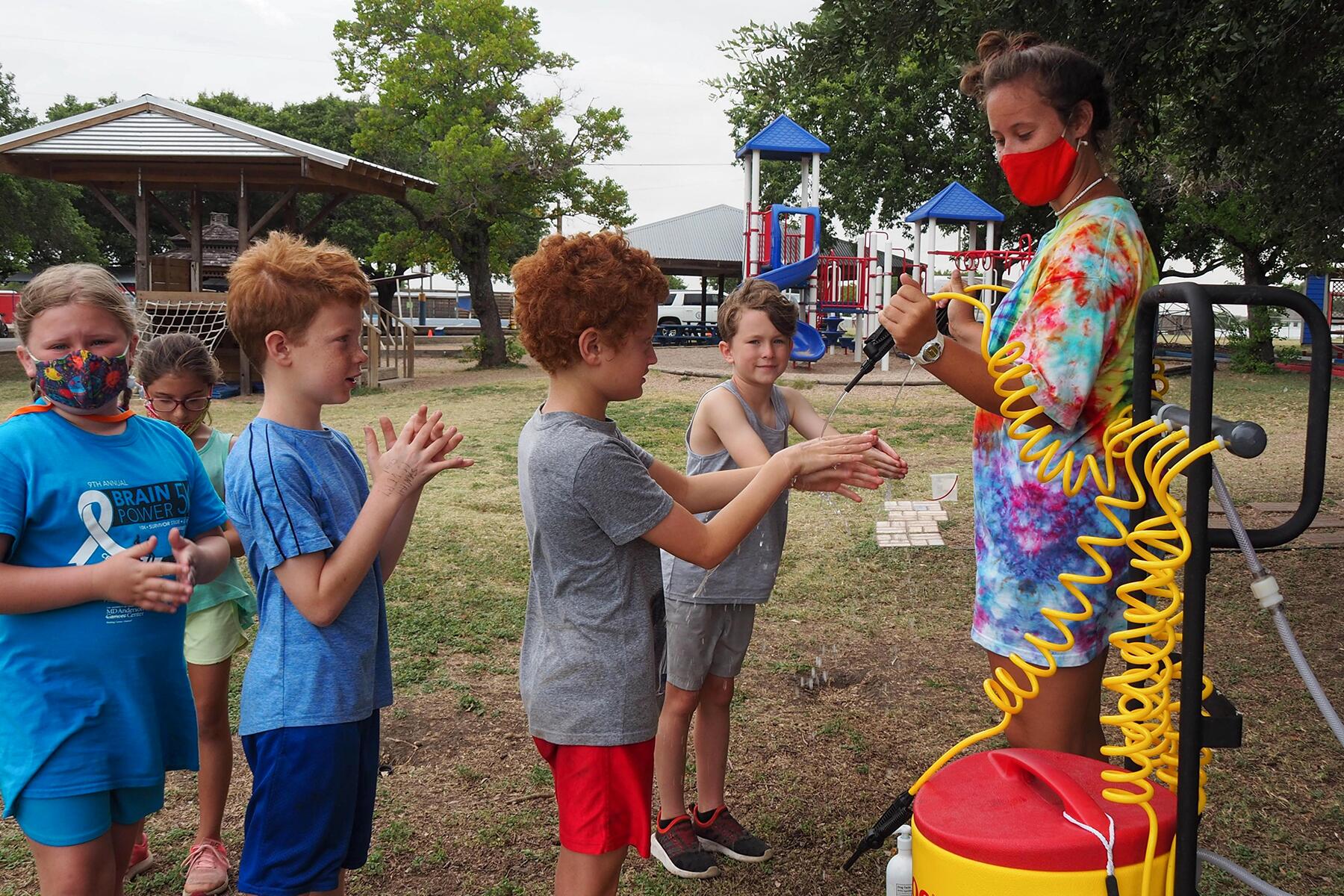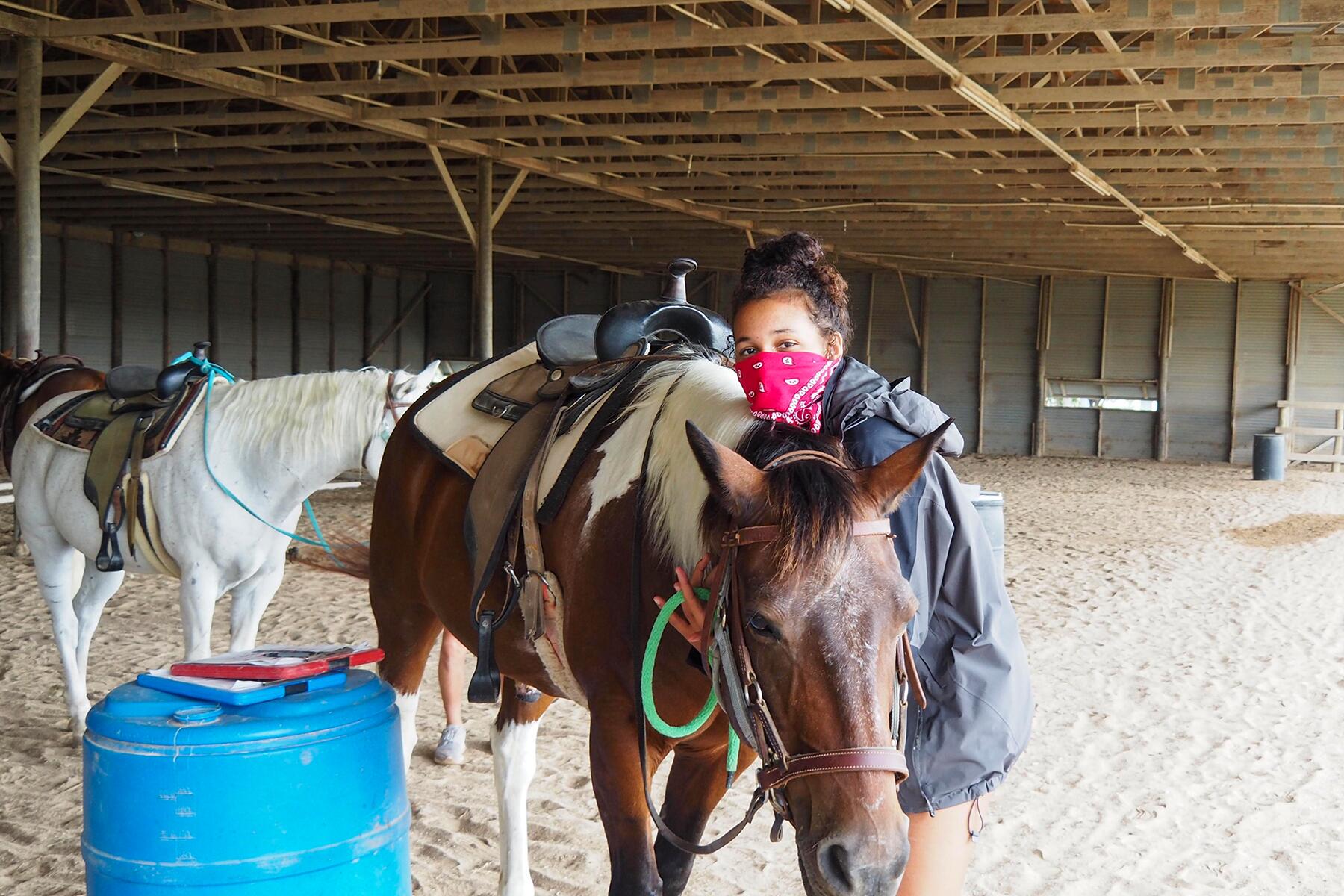How are summer camps adapting to a pandemic-stricken country still enduring the ripple effects of a devastating 2020?
Elan Farbiarz can’t wait for his kids to return to summer camp in July. The resident of Weston, Florida, plans to vacation a lot more than he did in summer 2020 when his son and daughter stayed home due to country-wide lockdowns.
With plans to visit the Cannes Festival in France and then head to Switzerland, the U.K., and Canada, Farbiarz realizes how important summer camps can be for travel-starved parents…and their children. “After a full year of virtual school and staring at screens for so long, they want to be out of the house as much as we want them to be,” he says.
Summer 2021 is shaping up to be very different than last year when 40% of U.S. day camps and 80% of overnight camps closed their doors. Today, camps from California to Texas to Colorado are seeing a surge in interest, with some offering waiting lists.
But how are these camps adapting to a pandemic-stricken country still enduring the ripple effects of a devastating 2020 and allaying any worries parents may have about their children staying safe as they soak up the sunshine?
Top Picks for You
Recommended Fodor’s Video
Recently, the CDC offered updated guidelines for U.S. camps, writing that staff and campers who are fully vaccinated don’t need to wear masks, except where required by federal, state, local, tribal, territorial regulations or if it is a business or workplace policy.
The CDC added that creating small groups of campers that stay together throughout the day can help reduce exposure, regardless of whether they are vaccinated or not.
In fact, cohorting—as this practice is called—is already common in many summer camps getting ready for the summer rush, says Tom Rosenberg, CEO of the American Camp Association. “This strategy helps with quarantining, so if a camper in a cohort gets sick, just that group needs to quarantine, not the whole camp,” he notes. That means campers from different cabins or groups won’t mingle as much, without social distancing.
He’s also spotted another popular trend: moving the dining area outdoors as much as possible. “The more outdoor activities the better,” Rosenberg says, “and the great thing about camp is they usually have a lot of land to work to set up eating areas outdoors instead of in dining halls.”
How Camps Pivoted to Our New Safety-Conscious Summer
Should parents be worried about counselors or teens contracting COVID-19? Rosenberg cites a key figure from last year when the positivity rate was much higher: Out of 486 camps that were open in summer 2020, only 74 camps experienced at least one COVID case (30 campers and 72 staff).
Camp directors are confident that parents will want to bring their kids back to camp.
“This year, we’re seeing a big increase in enthusiasm and excitement,” says David Hansburg, owner of Rocky Mountain Day Camp in Colorado. “Camp is needed for both the mental health of campers and parents.”
Camps such as Hansburg’s want to help ease any anxiety parents or campers may feel, though, by investing in sanitation stations and adding tents to activities that may have previously been held outdoors.
Some key activities had to be overhauled, such as what DoubleCreek Day Camp is doing for this year’s summer. Located 20 minutes north of Austin, Texas, DoubleCreek always runs a campfire-like gathering for all campers they call “singsong.”
But DoubleCreek has shifted from an indoor to outdoor space on a soccer field for its singsong event, accompanied by a portable sound system, says director Dan Neal. They also break up the activity into two sessions instead of one to minimize how many campers are in a single place at one time.
“We didn’t want to scrap that activity but instead recognize this is an important part of the camp experience, to maintain a tradition for both campers and staff,” Neal adds.
As for masks, only those campers who are unvaccinated will be asked to wear a mask, Neal says.
Summer camps will likely move away from protocols instituted last year, by some properties, before vaccinations could roll out: Counselors and staff arrived and quarantine two weeks before the first campers set food on the grounds. Some camps also required campers to either quarantine for 14 days before arrival or quarantine for seven days and have a negative COVID-19 test before getting to camp.
But for parents who may again curtail their travel plans this summer to stay home with kids who want to visit their camp virtually—which is still common for children with disabilities or severe illnesses—virtual camp will still be available, says ACA’s Rosenberg.
“And these camps get creative!” he says. “They mail campers a package of crafts or other materials and guide them via online video. Or they use a camper’s house with all those rooms as the basis for scavenger hunts that the kids can do in their own homes.”
